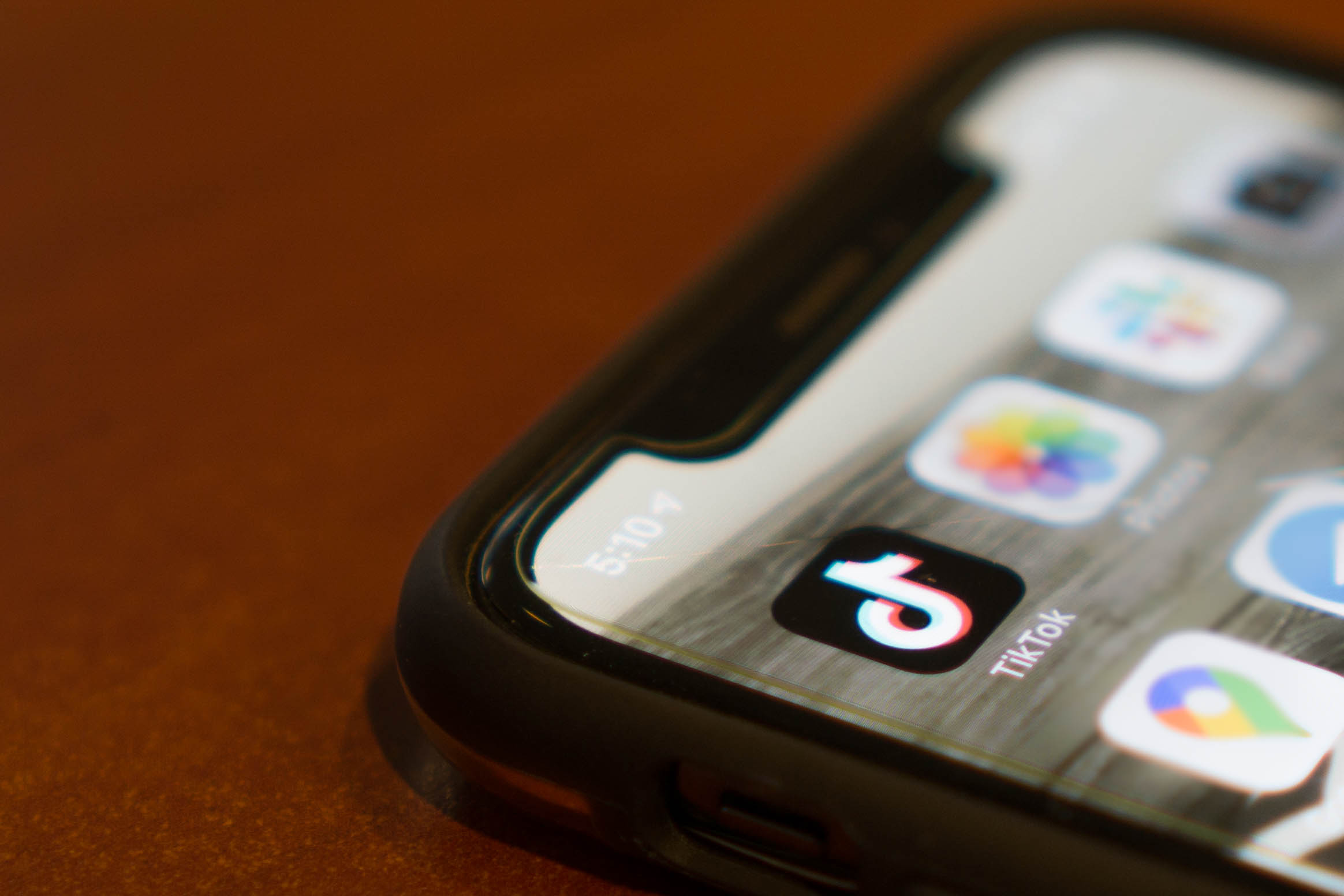The application TikTok is a popular video app that has become a phenomenon among young social media users around the world. While the app provides many people with enjoyable entertainment reminiscent of Vine, students should exercise caution before downloading the app.
Many students have thrown caution to the wind in their usage of ByteDance’s popular application, TikTok. It is time for students to be vigilant about their smartphone usage due to the potential security risks associated with the app, especially in a time where cybersecurity attacks happen regularly.
As a Chinese company, TikTok is required by Chinese law to share information with their government, according to InfoSecurity Magazine. This means that despite the application’s usage outside of China, information about all users is passed on to the Chinese government — something that should be considered when users decide to install the app.
“I was hesitant to download the app, even though I enjoy a lot of the content I find on it,” sophomore accounting major Dante Francisco said. “Tiktok has been surrounded by controversy since its start, and I’m still not sure if my personal [information] is safe.”
The issue of information being shared with the Chinese government has even led both the United States Army and Navy to ban the usage of TikTok on government devices due to the cybersecurity threat posed, according to Forbes and Reuters.
More people should learn how virtual private networks work as a first line of defense against the acquisition of personal data by the app’s moderation service, ByteDance.
Another problem with TikTok is the censorship of content that goes against what the Chinese government wants on the app, according to the Guardian. The censorship of content is concerning on a global level, as it allows ByteDance to enforce Chinese policies on the large user base outside of China’s borders.
Leaked documents from TikTok tell moderators on the application to remove content that mentions Tiananmen Square, Tibetan independence or the banned religious group Falun Gong, according to the Guardian.
The reach of ByteDance through TikTok, which has over 500 million downloads on the Google Play Store and has the highest rating for entertainment on the App Store, means the possibility of Chinese interference with global affairs is at an all-time high. Considering the userbase outside of China, this censorship is an infringement on international free speech.
The possibility of Chinese interference is especially alarming due to the 2020 election rapidly approaching when considering the fact that Russia interfered with the 2016 election, according to WIRED.
The application’s connection to China has caused it to come under scrutiny from the Committee on Foreign Investment in the United States. An investigation was opened which considered TikTok’s acquisition of Musical.ly a potential national security threat, according to Reuters.
On top of censorship and data acquisition, TikTok as an application also lacks adequate security measures for users. Studies from Check Point Research revealed that the application can allow hackers to access and manipulate account content, upload unauthorized videos, delete videos, make private videos publicly-viewable and reveal personal information on accounts. So, although users believe their accounts are secure, more measures should be taken to protect their information.
With threats to personal and national security, as well as censorship of its patrons, TikTok might not be worth the risk to students. Until the app’s security and censorship issues are improved or the application is sold to a company outside of China, students should exhibit caution when using the app — or rethink having it installed at all.




